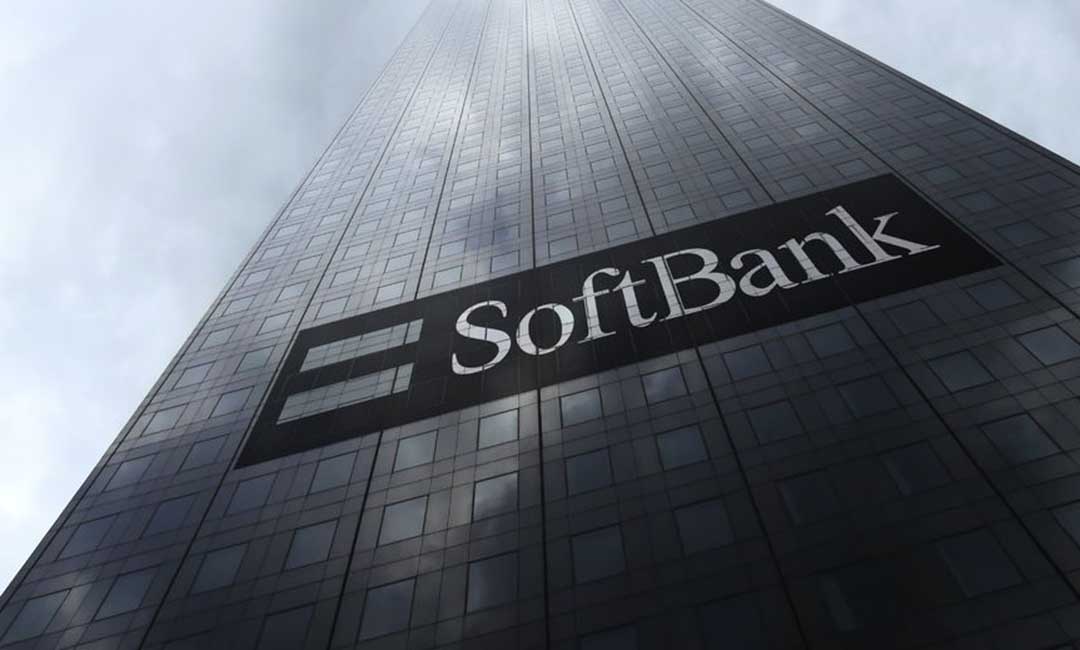SoftBank Group’s investment strategy in China remains unchanged even as some of its biggest investments in the country come under intense regulatory scrutiny, chief financial officer Yoshimitsu Goto said on Tuesday.
SoftBank invested nearly USD 11 billion in Chinese ride-hailing company Didi Global, which went public in the US before China’s Cyberspace Administration on July 2 said its data management breached national security. Didi’s share price has declined more than 20% since the IPO.
“The way of thinking about China is, in a nutshell, that we must overcome such country risks,” Goto said in an online seminar hosted by Nikkei Financial.
“There is news that one of our investee companies will be regulated by the Chinese government. But companies that do business in China… all face the country risk, just like in other countries. It is important to overcome this by managing risk within your own company. Just because one incident happened doesn’t mean we are changing our investment stance.”
He said SoftBank’s strength is its ability to “seize opportunities around the world” rather than its investments in China.
Goto also said that its Vision Fund business has helped reduce its reliance on its most valuable asset, Chinese e-commerce group Alibaba Group Holding, which has also come under regulatory pressure in recent months.
SoftBank has been investing aggressively from its USD 40 billion Vision Fund 2, which has backed more than 120 companies. The fund’s strong performance in the year ended in March contributed to SoftBank’s record JPY 4.99 trillion net profit. At the same time, SoftBank’s lack of governance has come under scrutiny after some high-profile failures such as that of supply chain finance firm Greensill, which lent money to another SoftBank investment unit before collapsing.
Goto said SoftBank has made some changes to improve governance, such as halting credit support for companies that it has invested in.
Read more: 5 thoughts from Julien Mialaret, operating partner at Grab investor Eurazeo
“There were times when it was difficult for investors to understand, because a fund investment overlapped with an investment directly from [SoftBank], or because there was a credit guarantee. Currently, [SoftBank] does not provide any credit support to its investees,” he said.
Goto joined SoftBank in 2000 and was appointed a director last year. He has led SoftBank’s financing activities, helping fund Chairman and CEO Masayoshi Son’s aggressive bets in technology. He also played a key role in SoftBank’s JPY 5.6 trillion (USD 50.8 billion) asset sale program, which helped shore up investor confidence after the company’s share price plunged early last year.
Goto declined to comment on speculations over whether Son will take SoftBank private, but said that companies in general “should always think about the merits and demerits of being listed.”
This article first appeared on Nikkei Asia. It’s republished here as part of 36Kr’s ongoing partnership with Nikkei.
